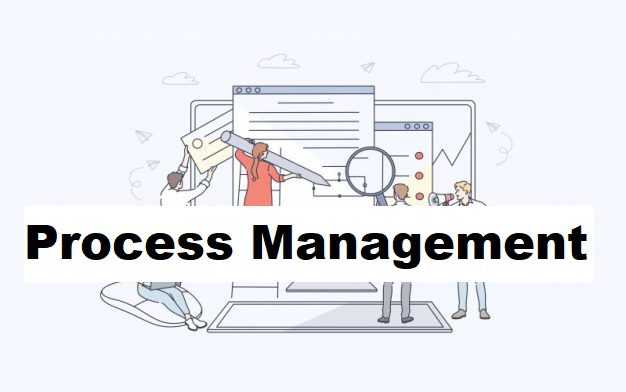Process management is the most important part of any process development and improvement effort. So process management is a way or action in dividing, allocating programs to be executed so that they are not messy and run well as they should. In its function to develop and increase the degree of efficiency and effectiveness, process management is also one of the most potential work tools in an effort to increase customer satisfaction values.
In the end, it will also be able to increase profits, business growth and the continuity of the business life cycle of the corporation/company itself. Many work organizations are motivated to manage various activities of their work organization functions by using a process management approach which consists of five main dimensions. The focus of the five dimensions of process management is on the functions of quality, efficiency, response to time, work activities and process costs.
To get maximum corporate/company business profitability, work organizations must think about reducing process costs, reducing product/process failure rates, and working together to develop and improve product/process quality. Therefore, process management is a strategic work tool that can be utilized for this purpose.
- Process mapping
- Process diagnosis
- Process design
- Process implementation
- Process maintenance
Process mapping is one of the most important initial activities in process management whose function is to define processes and capture strategic issues. Process mapping is also part of the control functions of process design and development of initial work activities. When the objectivity and defined process functions have been fulfilled and documented, the diagnostic activity can be carried out.
